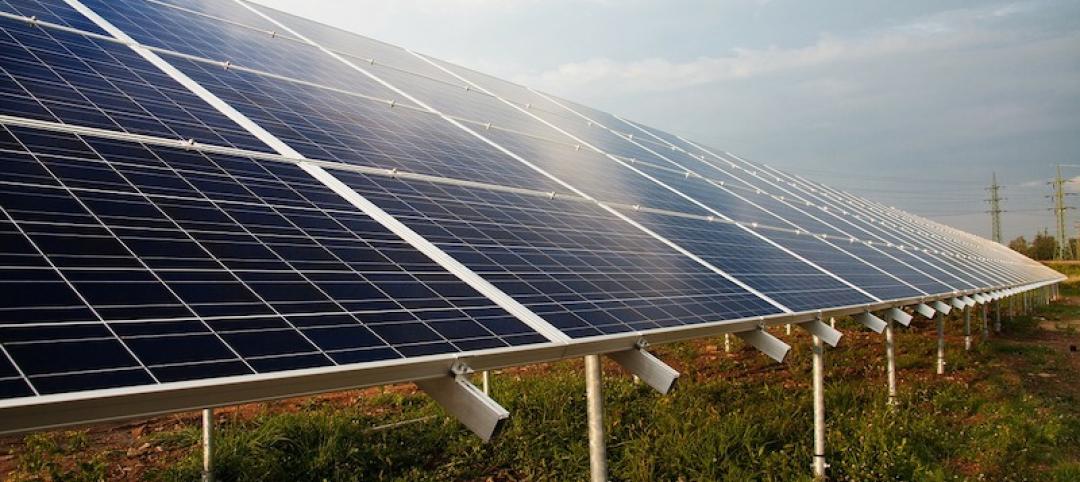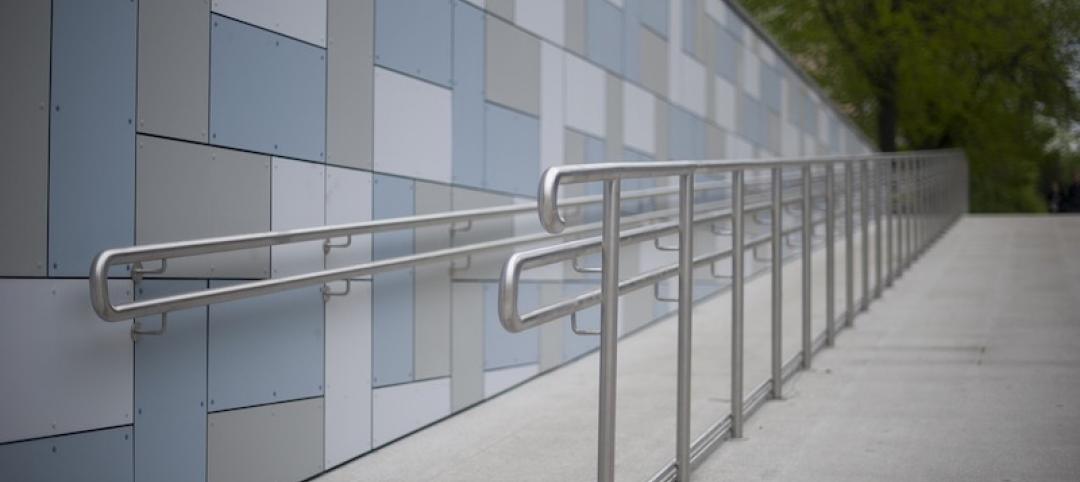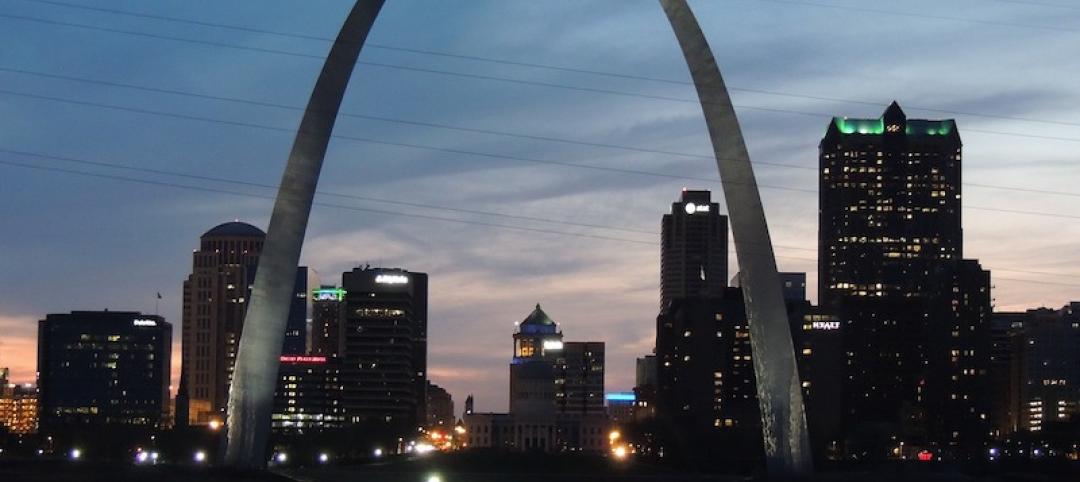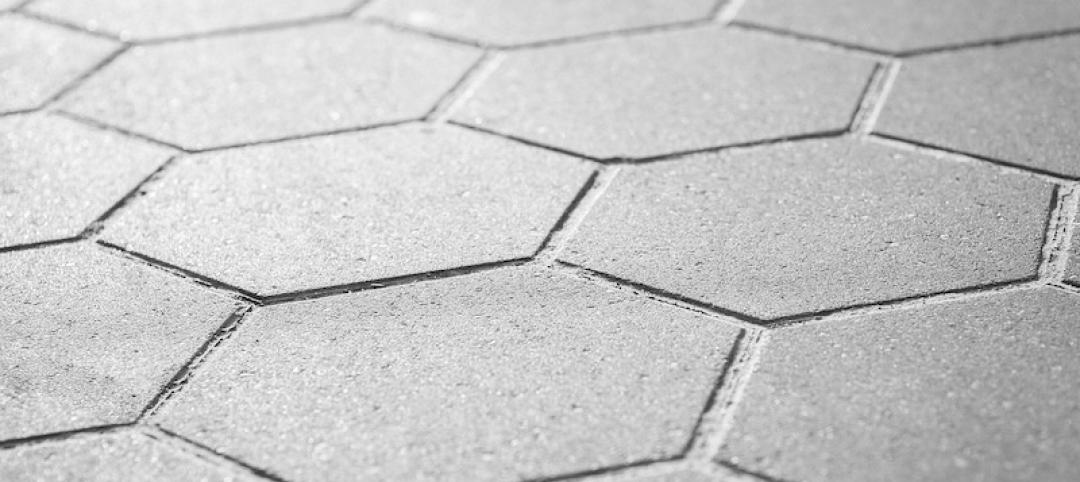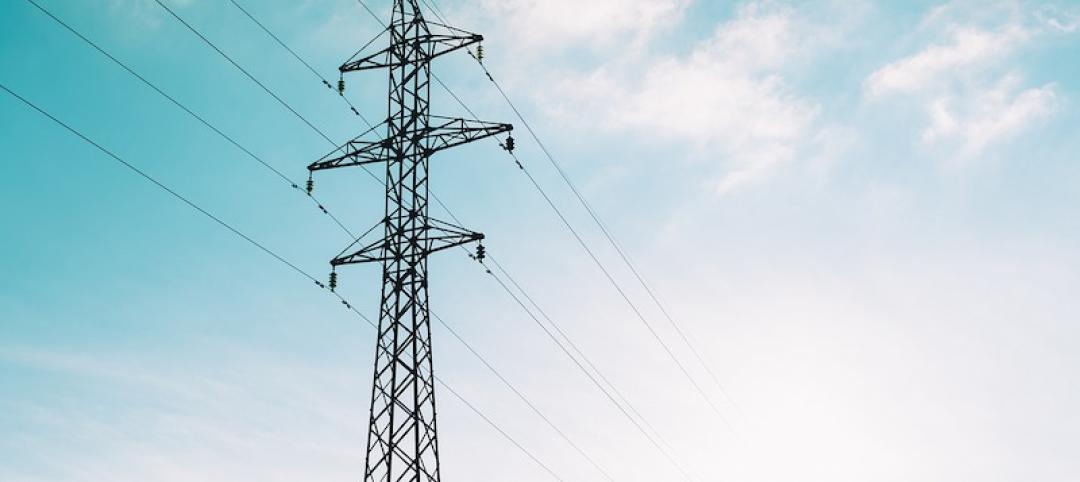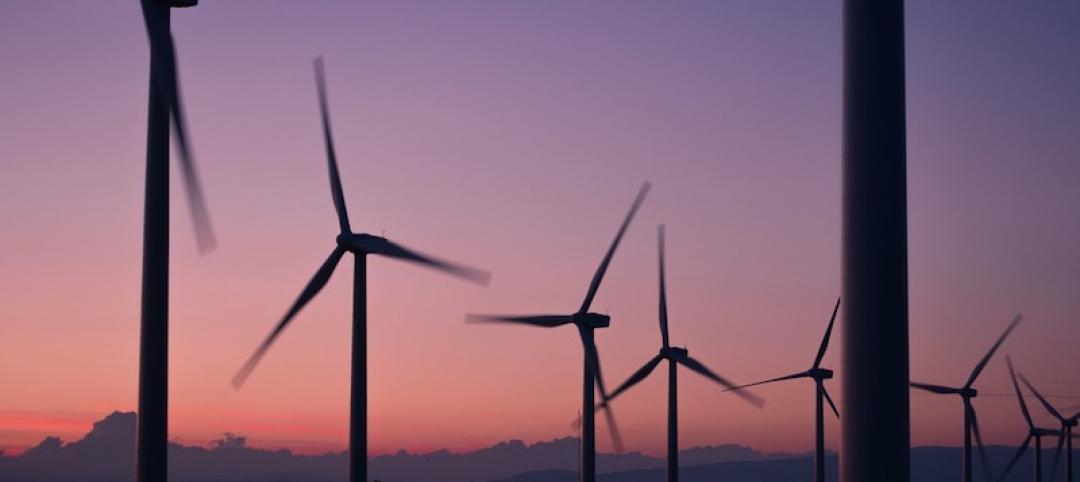Ten prominent real estate groups have signed on as partners in New York State's $50 million Empire Building Challenge, an effort to make high-rise buildings carbon-free.
Challenge partners collectively control over 130 million sf of real estate in New York State, including more than 250 buildings that contain affordable housing. The partners have each pledged to achieve carbon neutrality in one or more of their buildings and in more than 700 units of affordable housing collectively. They also have the potential to scale efforts across their portfolios to more than 25,000 units of affordable housing. Exceeding program requirements, Vornado, Empire State Realty Trust, and Rudin Management Company have all committed to achieving carbon neutrality in their entire real estate portfolios.
Partners will choose technology and innovation experts to help develop a replicable low-carbon retrofit solution proposal for addressing one or more barriers to achieving decarbonization in their buildings. Partners can submit retrofit solution proposals to the state to be evaluated competitively for up to $5 million to support development and implementation of their proposal.
Proposals will be evaluated based on a project’s scalability and feasibility in addressing the major challenges of decarbonizing high-rise buildings, and also on the building owner's willingness and ability to implement solutions across their portfolio.
Related Stories
Codes and Standards | Oct 24, 2019
ASHRAE design contest winners demonstrate building resilience
Model building, a city hall, could operate without utility service for two weeks.
Codes and Standards | Oct 22, 2019
Efficient material design, low-carbon concrete are critical to cutting GHG emissions in construction
Enhancing building utilization and reusing materials also aid carbon reduction.
Codes and Standards | Oct 21, 2019
Historic properties not exempt from Americans With Disabilities Act
Some exceptions do apply.
Codes and Standards | Oct 18, 2019
St. Louis could save $61 million per year in energy costs by improved building performance
GHG gases can be reduced by at least 11% with upgrades to public buildings and large private buildings.
Codes and Standards | Oct 17, 2019
Slow payments cost GCs and subs $64 billion annually
Study finds 51-day average payment turnaround.
Codes and Standards | Oct 16, 2019
Cool pavement can make people hotter
Reflective coatings channel sunlight raising temperatures where pedestrians walk.
Codes and Standards | Oct 15, 2019
Utah adopts 2018 International Energy Conservation Code
Provisions include increased building envelope performance and reduced air infiltration.
Codes and Standards | Oct 14, 2019
States continue to beef up energy efficiency codes
ACEEE 50-state scorecard finds latest IECC code gaining adherents.
Codes and Standards | Oct 9, 2019
DOE releases Better Buildings Healthcare Financing Primer
Outlines financial strategies to implement energy-efficiency projects in healthcare.
Codes and Standards | Oct 8, 2019
Zero Carbon Buildings for All aims for ambitious emission reduction targets
Organization makes commitment to net zero carbon for all buildings by 2050.



